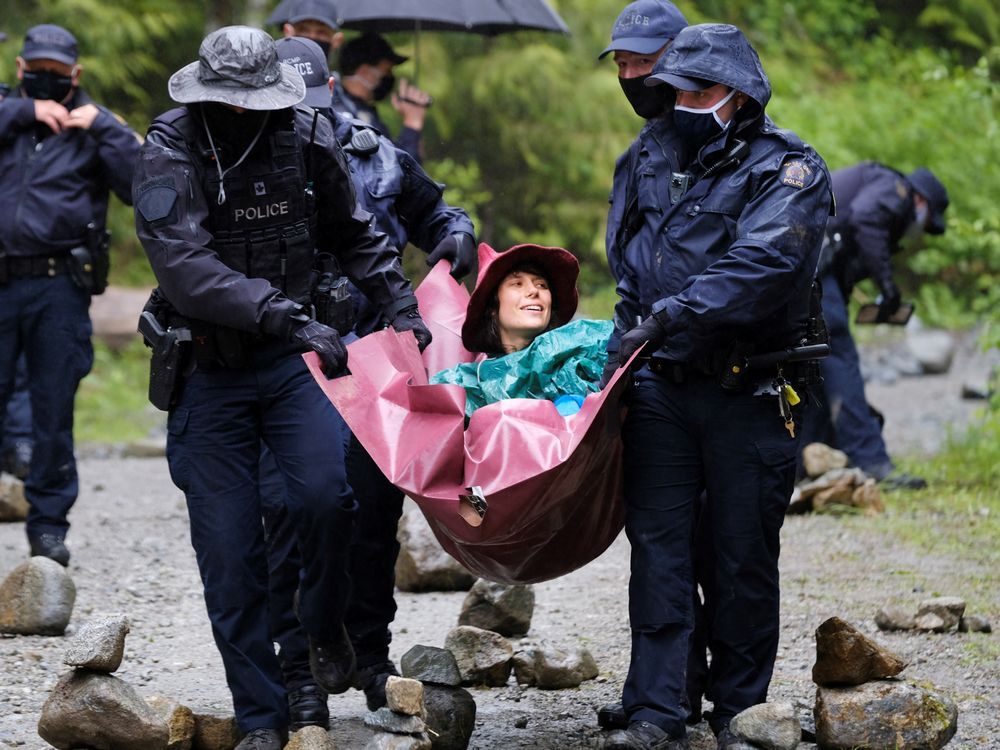
Mohandas Gandhi would be proud — civil disobedience won another round in B.C. Supreme Court and the rule of law was defined as much more than simply law enforcement.
Justice Douglas Thompson’s refusal to extend a one-year injunction restricting protests against logging in the Fairy Creek watershed emphasized the impartial status of courts and civil rights are equally important societal values.
A top lawyer involved in the case, Steven Kelliher said the injunction raised serious concerns and should never have been issued:
“The courts get drawn into an enforcement role, stepping aside from their adjudicative role that we expect them to have, and they run the risk that they are going to be tainted both by the politics of the day — which is significant when there is large public disagreement and civil disobedience — and they are also going to be tainted by the manner in which the injunction was enforced.”



